Star Wars Unlimited (SWU) is not only my favourite game of 2024 but is well on the way to becoming one of my favourite games of all time. Getting into a Trading Card Game (aka a TCG) is full of lingo, phrases and a few barriers to entry that I wanted to assist others with blasting our way through in the hope of making it more accessible to more people. I have dabbled with a few similar games before, such as Keyforge and Dice Masters, but this is the first time I have gone all in on a TCG. This guide will hopefully help you work out if this is a path you should follow.
For years I managed to resist the pull of similar games such as Magic The Gathering. However, I love deckbuilding games and although I am wary of the rabbit hole-style Sarlacc pit of a TCG, the *force* pull of Star Wars aligned with a very well-designed deckbuilding game was too much for my feeble mind to resist.
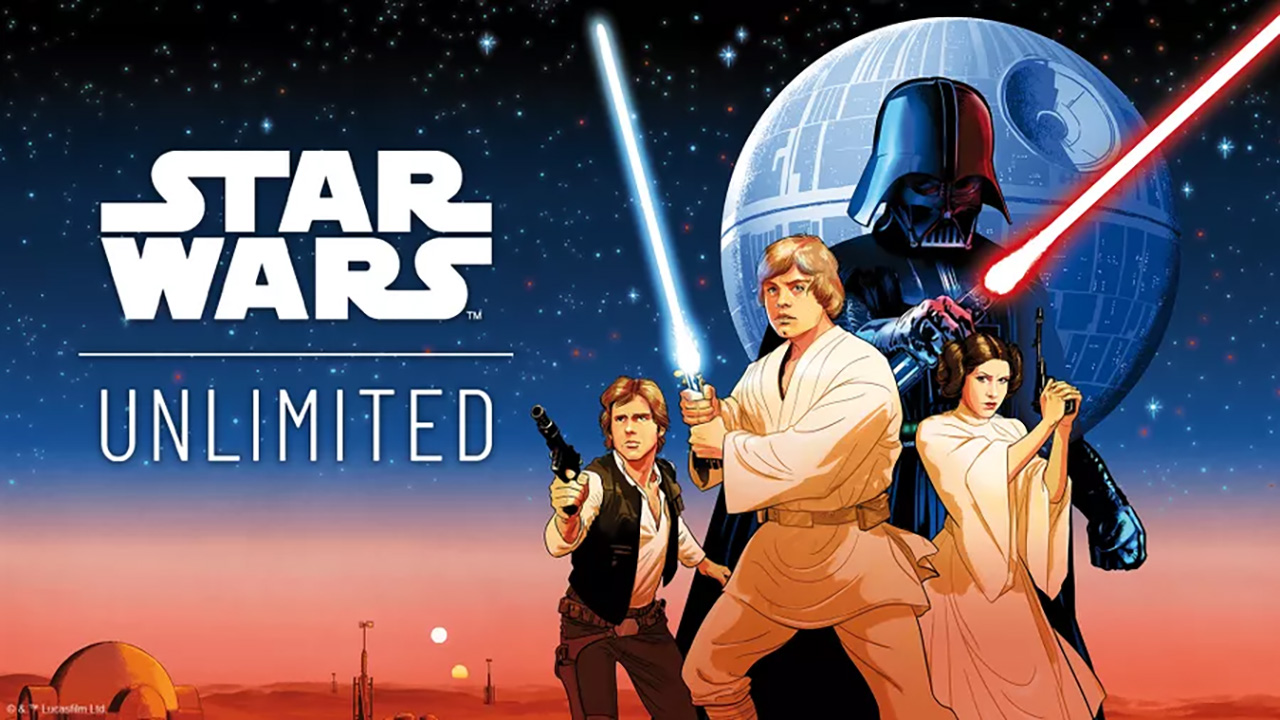
Building a Deck
At the heart of SWU is a one-on-one competitive deckbuilding card game. In the standard, “Premier” two-player format, players must construct decks from no less than 50 cards, featuring no more than three copies of any one card. You can, in theory, have a deck made of an unlimited number of cards (which possibly influenced the name of the game) but most high-level players will make a compelling case that you should try and stick to 50 cards in a deck. (Something I regularly fail at when constructing my decks.)
Building a deck in SWU comes with two major constraints all revolving around six “Aspect” colours (or symbols.) These six Aspects are split along one major aspect division, of: Heroic (White) or Villainy (Black) – and then the four more minor aspects of: Cunning (Yellow), Command (Green), Aggression (Red) and Vigilance (Blue). Heroic and Villainy cards don’t tend to mix, while the other Aspects are more flexible and can be utilised depending on your playstyle – for example, Aggression suits a more aggressive “Agro” style and Vigilance tends to suit a more defensive healing-based approach.
These Aspect colours/symbols are dictated by two choices:
- 1) Your choice of leader which has two Aspects (such as Luke Skywalker being a Heroic Vigilance leader or Darth Vader being a Villainy Aggression leader.)
- 2) Your choice of base, which has one additional Aspect.
You can pick an Aspect that is not on your leader to give you access to more cards but you can also choose an Aspect that matches one of those on your leader Aspects. This limits your choice in some ways, but gives access to powerful double-aspect cards.
A card can be played out of Aspect but will result in an Aspect Penalty of an additional cost of two, for each Aspect not on your leader or base. This means that no card is entirely out of reach, but that some may be prohibitively expensive. This makes SWU deckbuilding highly tactical and seems like there is a near unlimited number of combinations, while also being guided by thematically accurate constraints that (more often than not) make sense in the Star Wars universe – aside from the time I froze the Millennium Falcon in Carbonite!
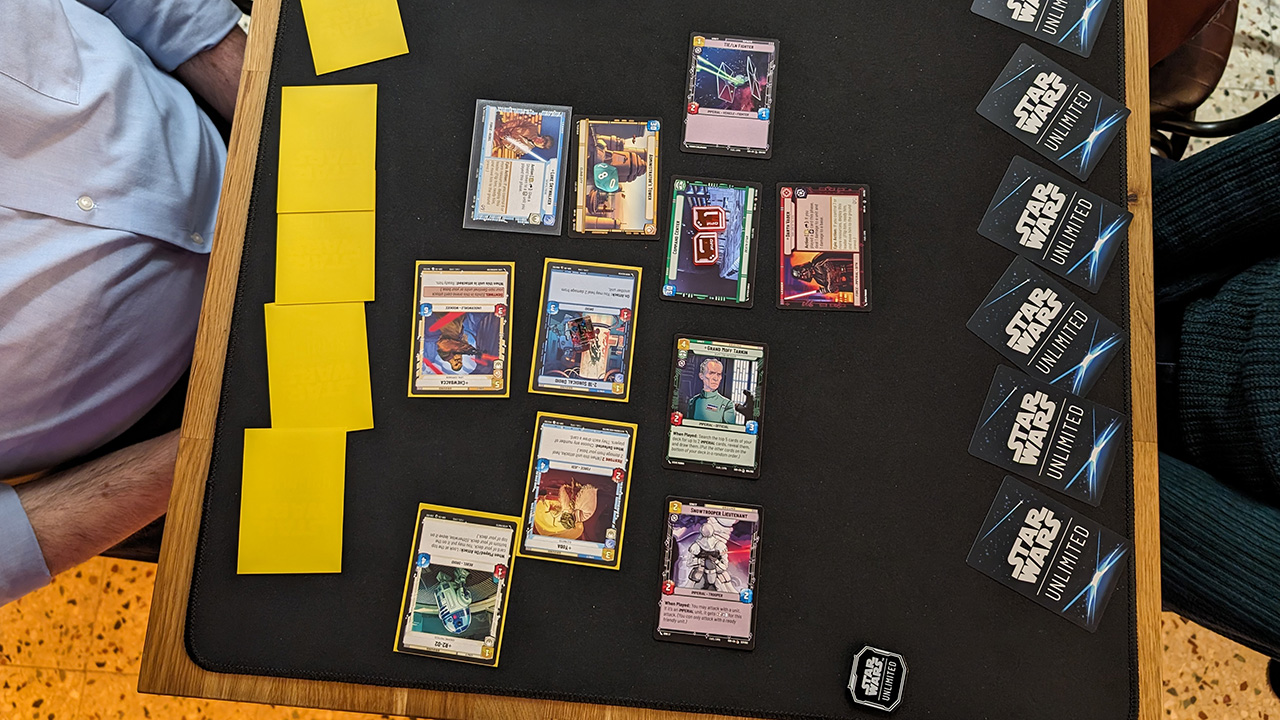
Playing The Game – Constructed: Premier
Constructed: Premier is the “standard format” in which a game takes around 20 minutes and are often played as a best of three games – especially in competitive matches. A game concludes when a player’s base receives damage equal to or exceeding their life total (usually 30 points, but can be 25 points if their base has an ability.) Each game consists of a number of rounds consisting of an Action phase, followed by a Regroup phase.
At the start of a game players decide who gains control of the “Initiative” (which dictates which player gets to go first) while then having the choice to;
- 1) Play a card,
- 2) Attack their opponents card(s) or base
- 3) Activate a card ability.
- 4) Pass
- 5) Claim the Initiative
If a player claims the Initiative it automatically ends their chance to play, attack or activate abilities any more that phase. Which may then hand their opponent the chance to continue doing any of these unchallenged. Once the second player has concluded, they then pass (or at any time if both players choose to pass) then play moves on to the regroup phase. Here cards and resources are refreshed. Players draw two more cards from their deck and then have the opportunity to play one of these as a resource (i.e. increasing the value of cards that can be played from their hand each round.)
Any card can be played as a resource and it is here that SWU really starts to show how tactical and meaningful the decisions you make each turn can be. You can either resource a low-value card that you could use soon or resource a high-value card that you will otherwise have to carry in your hand for a number of turns – but this may be a card that you know will be the ideal answer to an upcoming threat from your opponent. Each decision carries its own set of risks and rewards.
Games can turn on one decision you make early on in the game, but can also hinge on big late game plays. Mistakes will be pounced on, weaknesses will be exploited and kindness will likely be punished. While it can be played casually (especially with the Starter sets) the game encourages the type of ruthless competitiveness that a Sith Lord would be proud of. This makes every decision feel like it has a weighty level of consequence and gives big plays an exciting heft. Turning a difficult start into a hard-fought victory feels awesome. Laying a trap for your opponent by planning out a sneaky combination of cards in advance, to see it pay off, makes you feel like a Grand Jedi Chess Master.
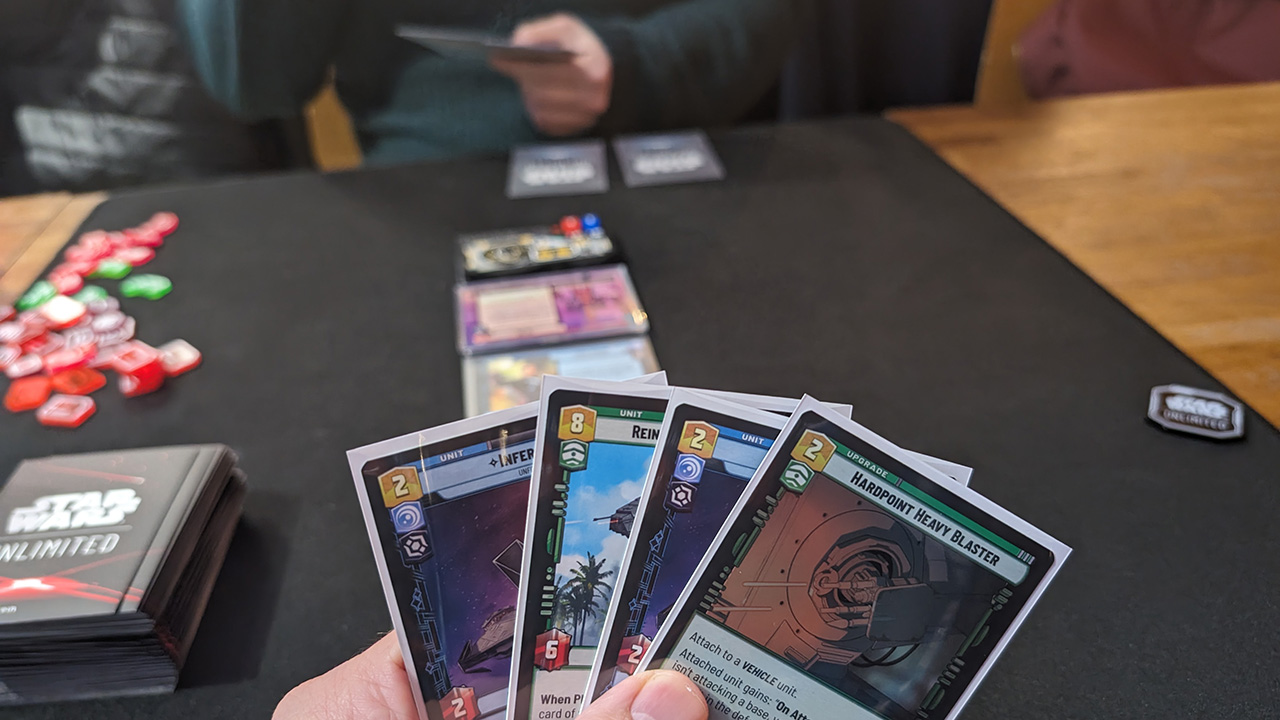
Playing The Game – Other Variants
I mentioned the “standard two-player format” earlier and that is because there are already a number of official variants (and by the sounds more in the pipeline.)
Limited: Draft Events: There are draft events, where players construct decks at the event, from a limited number of cards. A “Sealed Draft’ usually consists of players opening new packs, taking one card and passing the remainder on to the next person. This continues until each player has opened a total of three packs, giving them 45 selected cards to construct a deck of 30+ cards from. This is perhaps my favourite format. It levels the playing field in terms of card purchases, it is slightly based on luck, but there is also a large amount of skill and tactics needed – with you often having to make adjustments on the fly depending on what the people around you are doing.
Draft events are usually paid events that cover the cost of the new cards, but as you get to keep the cards afterwards, the event kind of pays for itself, while also giving you a few hours of entertainment. Like other similar games, SWU has also offered Pre-release kits (and will do so for each new set going forward) that give you six packs to make a deck from. I like this format too, especially as it is a nice way to get more cards at the launch of a set, but I prefer the general draft events overall, as there is less dependence on the luck of what you “pull” from the packs. We are hosting a draft event at Tabletop Tuesday every first Tuesday of the month – beginners welcome. There will also be pre-release events for new sets in the future.
Constructed: Twin Suns: There is also a 4-player variant named “Twin Suns”, which remains the only variant I have yet to play. Mostly as this relies on building an entirely separate deck consisting of two leaders, one base and one copy of *50+* cards (rising to *80* cards after the release of set 3). I am really keen to try this out, but most people I know don’t have enough spare cards to dedicate to this at the moment and don’t want to be deconstructing their existing decks to accommodate it. I will hopefully get to try this out soon as it sounds like a lot of fun.
The Dark Side of TCGs
Deckbuilding games such as the excellent Star Realms or the similar and also excellent (if unimaginatively titled) Star Wars: The Deckbuilding Game differ to SWU in one major way, they have a closed set of cards (aside from optional expansions.) Players are often competing to purchase cards from a collective pool and build their decks as they play. While in SWU, you amass more resources to play more valuable cards, the TCG element of SWU shares more DNA with the likes of other TCGs such as Magic The Gathering or Pokémon. The Deckbuilding element of the game occurs before a game, with players constructing a deck based on cards they already own – either from the purchase of cards via Starter decks, Booster packs or, as the “Trading” part of a TCG would suggest, by swapping cards with other owners. These days this largely seems to occur via online portals such as eBay or via sites such as CardMarket (in the UK.) This was my first introduction into the slightly grey market purchasing of single cards.
The collectable nature of SWU is where I have to issue a warning – ***If, like me, you have a very addictive personality, be wary of venturing down the path of the Dark Side of a getting heavily addicted to a TCG as good as SWU.*** With rare cards easily venturing upwards of £30 and extremely rare variants of leader cards can sell for anyway from £150-£800! The Starter kits are a nice entry point and making up a deck of 50 cards to play with your friends is likely to cost you around £50. However, making a fully competitive deck can get very expensive. You may get very lucky with the cards you “pull” (i.e. obtain from booster packs) but opening booster packs themselves can be addictive in itself and then buying individual cards can get expensive – I am very deliberately not adding up how much I have spent so far for the purposes of plausible deniability. Although I have managed to offset a large part of these costs by selling some of my own cards too.
There is also some additional costs to consider as you will likely need to buy: a playmat, sleeves for your cards, tokens, deck boxes and more – the upside there is that there are some really cool designs. The official Game Genic ones are actually really nice, but there are also some great designs available on sites like Etsy.

The Best Reason to Play SWU
Despite my warning above, I am still keen to recommend a highly addictive, potentially expensive pastime. I had deliberately kept myself at arm’s length from TCGs, having heard criticisms of Magic being referred to as “Money The Gathering”, but what I hadn’t fully appreciated was how enjoyable the elements outside of playing the game itself are. I really enjoy opening booster packs. I enjoy trading cards with friends. I enjoy collecting cards, even when stepping on the slippery slopes of expensive online purchases. I even enjoy selling cards. Most of all I enjoy that challenge of building decks, of following the “meta” (i.e. which decks are currently doing well competitively) and trying to find interesting new combinations of cards to construct a deck around.
The even better reason that has encouraged me to get even deeper into the game is the people I have met while playing the game. I run a weekly Tabletop gaming event (Tabletop Tuesday) and we have started doing (casual) Organised Play every week. I have played games at my friendly local gaming store (a first for me) and I also played at my first draft event at UK Games Expo earlier this year. I have also subsequently played in pre-release and general draft events. I have great fun at all of these events and the central theme here is that I just can’t play enough of the game, but the people I’ve met through playing the game have been the best part of it. It has cemented existing friendships, forged new ones and introduced me to a wealth of people all united by this game — but most surprisingly for me for such a cutthroat competitive game, the SWU community has been so welcoming and friendly.
I aim to put this even further to the test by entering my first tournament with prize money on the line this coming weekend. I expect that this may be where the cracks start to show, but I wouldn’t be at all surprised if the friendliness persists even at this level of contest. I don’t expect to do that well but will report back with my results.
I would encourage you to try SWU, but as a great little swamp frog once said, “Do or do not. There is no try.”
How and Where to Play SWU
Loading Bar, Stoke Newington: As I have mentioned a few times above, at Tabletop Tuesday we are doing Organised Play – which are casual events everyone can join. We are also hosting a draft event on the first Tuesday of every month. If you are in London and can travel to Stoke Newington, you are welcome to join us any Tuesday.
Your Friendly Local Gaming Store: Many local gaming stores host regular and special events. Check-in with them to see if they are doing so. You can check the list of stores doing events in your local area here: SWU Official Site Event List. And a shout out to my friendly local store, Leisure Games.
Online: If you can’t make it to Loading or your local store there are a variety of ways to play a digital version of SWU online. Note that none of these are official and fan-made sites – the upside of this being that they are free to play. However, they can be a bit buggy, especially when new cards are first added, but they seem to be updated fairly regularly. Not only can they be used to play for those who can’t make it to events, but they are also excellent ways to test out decks.
There are a variety of online ways to play with different features available. There is no way of saving decks. However, you can use a site such as SWUDB.com to save a deck and then import it to the site:
- Force Table: Single Player only.
- Karablast: Online Multiplayer as well as the ability to spectate online matches.
- Holonet: Not widely available as it is still in Alpha, but looks impressive with features such as integrated sound effects.
External Links
- Official Site: starwarsunlimited.com
- Loading Bar: loading.bar/location/loading-stoke-newington
- Leisure Games: leisuregames.com
- Force Table: forcetable.net/swu
- Karablast: karabast.net/SWUOnline/MainMenu.php
- Holonet: holonetunlimited.com
- SWU Database: swudb.com
- Official Events Listing: starwarsunlimited.com/search
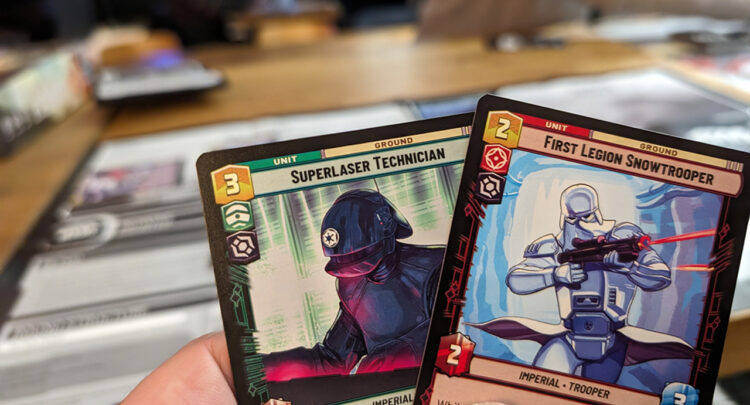

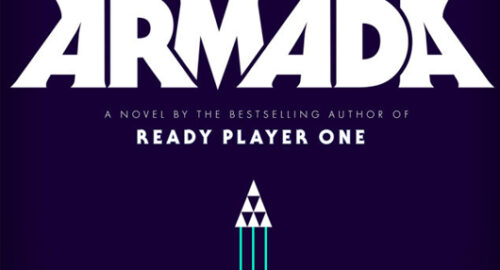
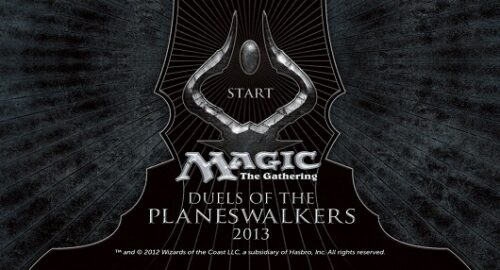

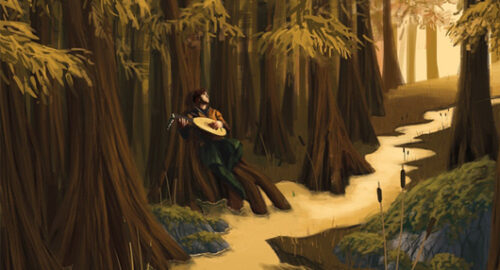
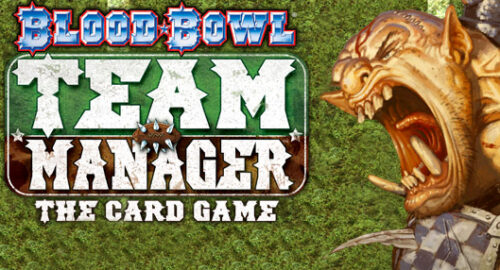
fredd
I don’t know what to say